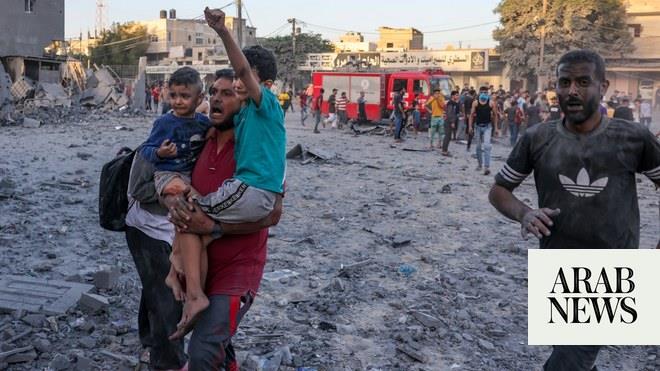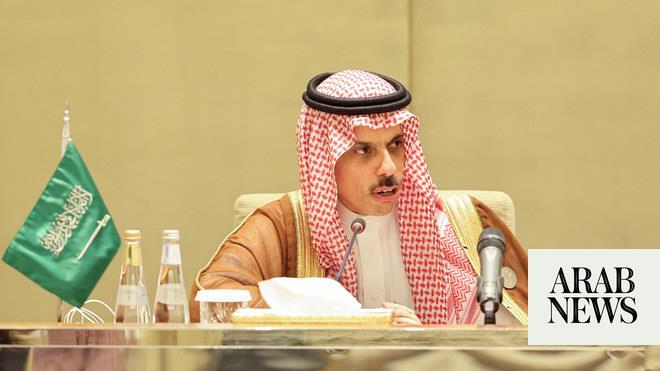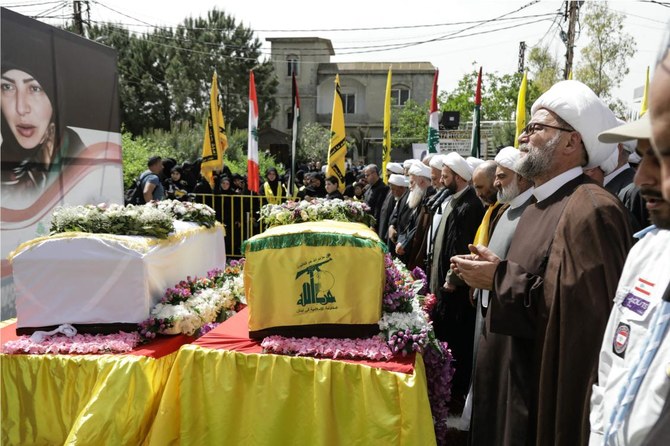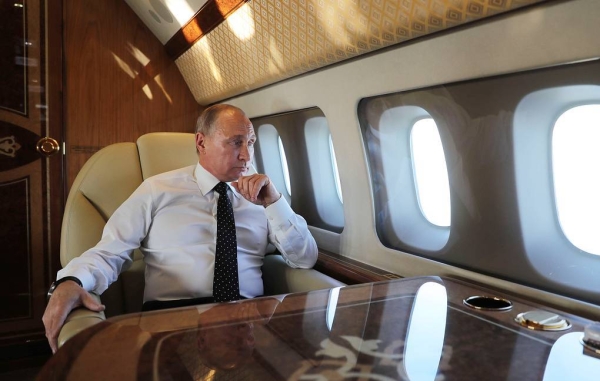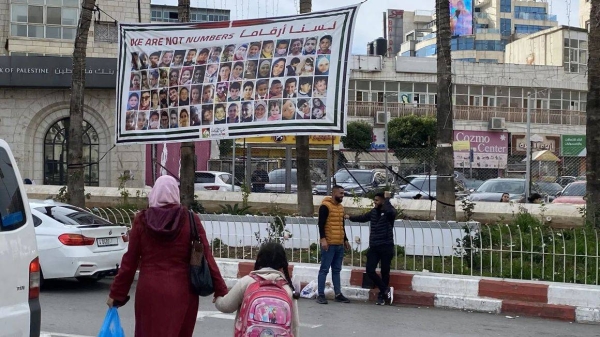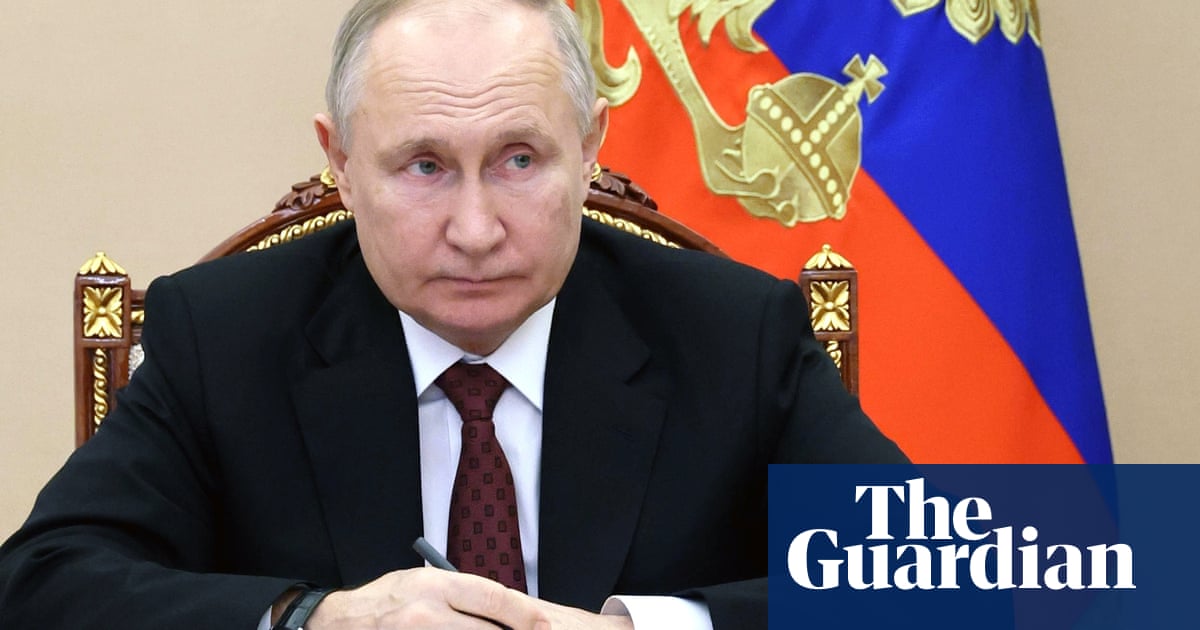
Vladimir Putin will travel to the United Arab Emirates and Saudi Arabia on Wednesday on a rare overseas trip to discuss the Israel-Hamas war as Moscow seeks to reassert Russia’s role in the Middle East.
With the prospect of another ceasefire in Gaza receding, the Russian president is making only his fifth trip abroad since the international criminal court issued an arrest warrant for him in March that accused him of responsibility for the deportation of Ukrainian children to Russia.
In July he skipped a summit in Pretoria over fears that the South African hosts would feel obliged to attempt his arrest. Neither the UAE nor Saudi Arabia have signed the ICC’s founding treaty, which means they would not have to arrest him.
Hamas, which most western countries consider to be a terrorist group, is on good terms with Russia, frequently sending delegations to Moscow. Qatar, the west’s preferred interlocutor with Hamas, has been unable to find the basis for a further hostage swap between Israel and the Palestinian group, the precondition for a second humanitarian pause, so Putin has relatively little to lose by intervening now.
On Thursday he will host the Iranian president, Ebrahim Raisi. The two leaders last spoke by phone on 16 October.
Raisi has been unable to persuade leaders of the Gulf states to do more to support Hamas, such as impose an oil boycott on Israel.
Iran has been accused by Israel and the UK of being behind the attacks on the Red Sea undertaken by Houthi rebels on western-lined international shipping. Western countries have accused Tehran of supporting Russia’s offensive in Ukraine by providing it with large quantities of drones and other weaponry.
The crisis represents an opportunity for Russia to re-enter global politics, offering itself as an unlikely champion of multilateral solutions in the Middle East. It has positioned itself as a potential mediator having maintained ties with Israel and Hamas.
Moscow has accused the US of going it alone in mediation that has ignored the traditional role of the quartet consisting of the EU, the US, Russia and the UN. It also claims western double standards have been revealed by the west’s refusal to condemn alleged Israeli war crimes while accusing Russia of committing crimes in Ukraine – a message Moscow believes resonates in the global south, and at the UN.
On 26 October a Hamas delegation in Moscow was led by Mousa Abu Marzook, a founder and political leader of the group, who met the Russian deputy foreign minister, Mikhail Bogdanov. Marzook, who lives in exile in Qatar, travelled to Moscow after an earlier meeting in Doha with Bogdanov and the Iranian deputy foreign minister, Ali Bagheri Kani.
Russia has strong economic ties with the UAE and Saudi Arabia. In Saudi Arabia, Putin will discuss trade, international politics and humanitarian aid with Crown Prince Mohammed bin Salman, the Kremlin announced. He will meet his Emirati counterpart, Sheikh Mohamed bin Zayed Al Nahyan, in the UAE for talks on trade, energy, tourism and education, it added. The conflict between Israel and Hamas is on the agenda of both meetings, the Kremlin said.





